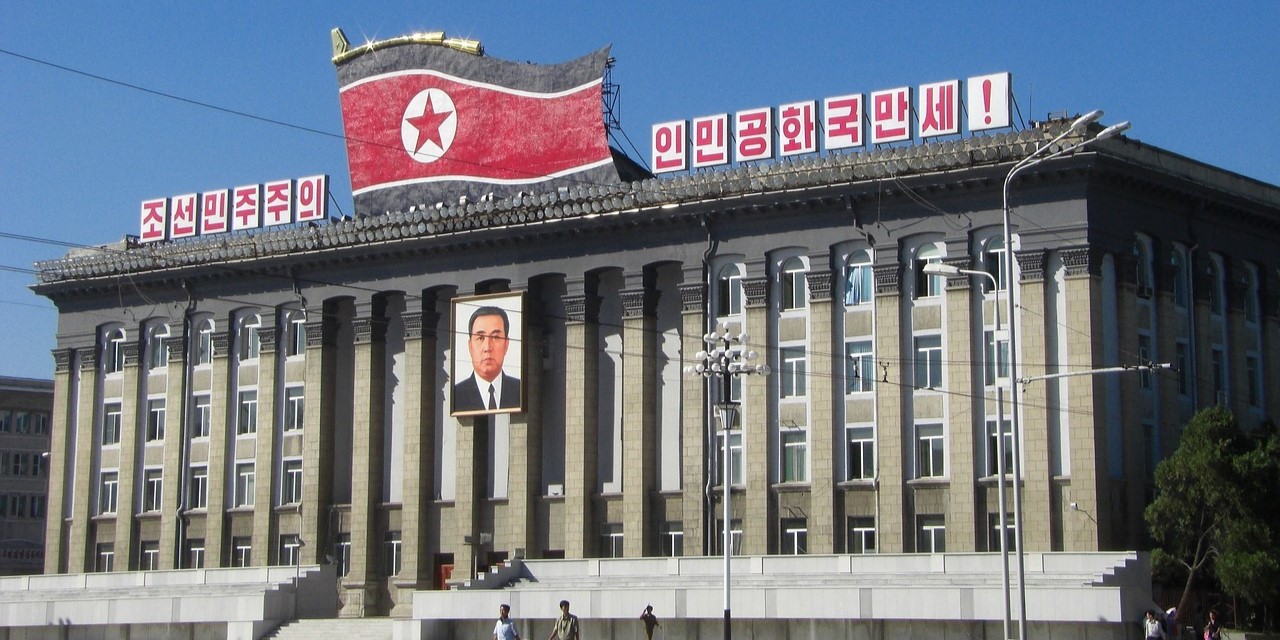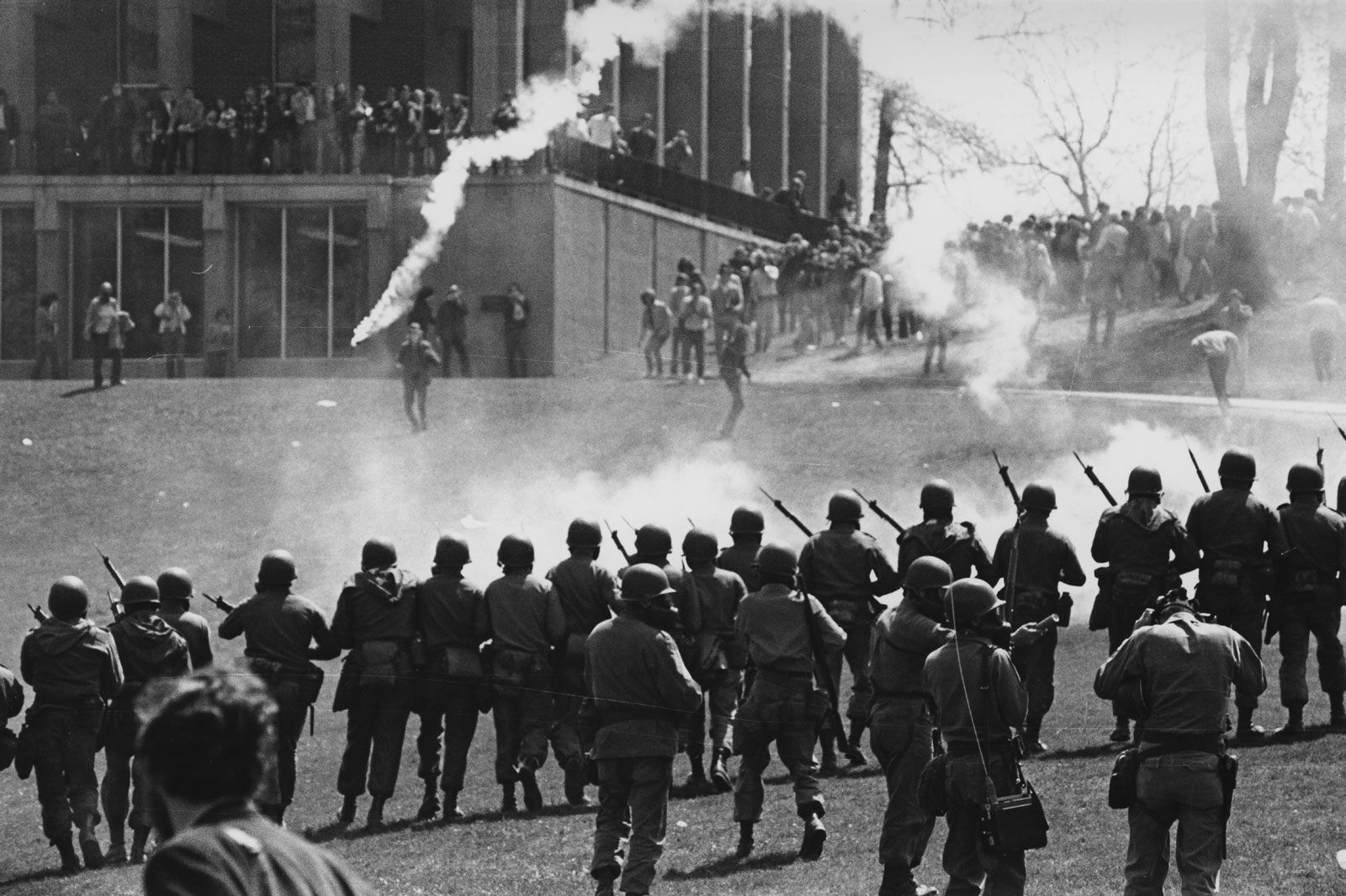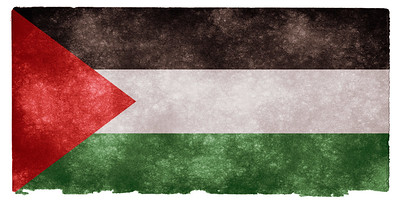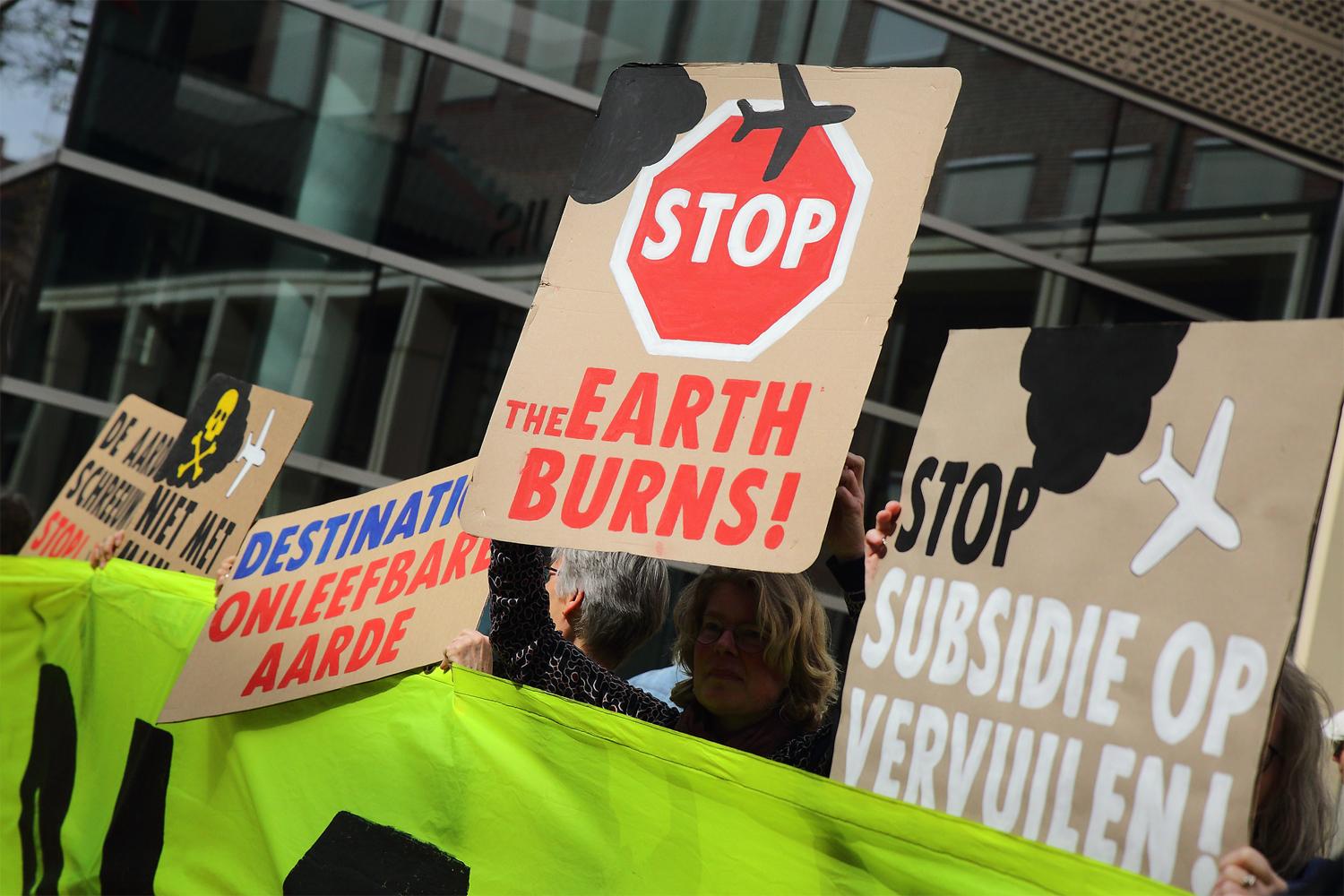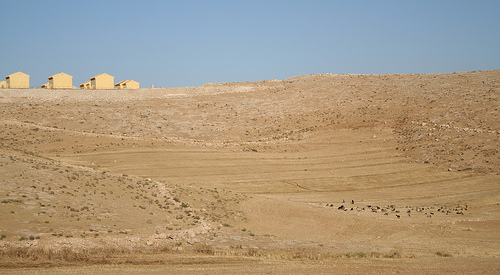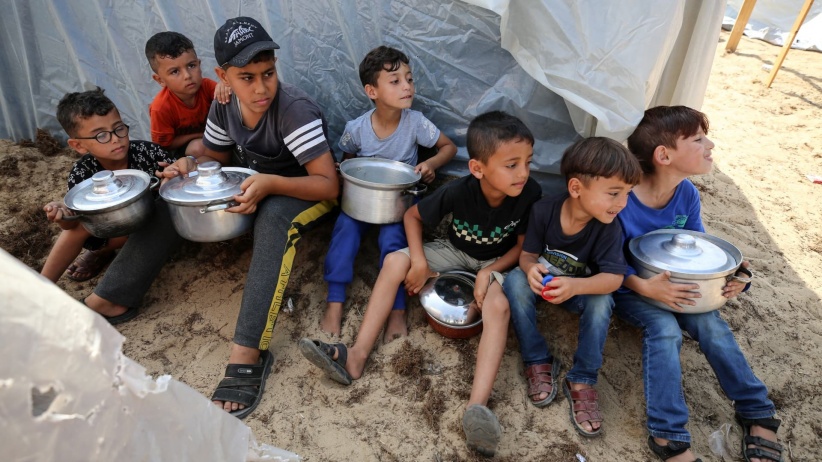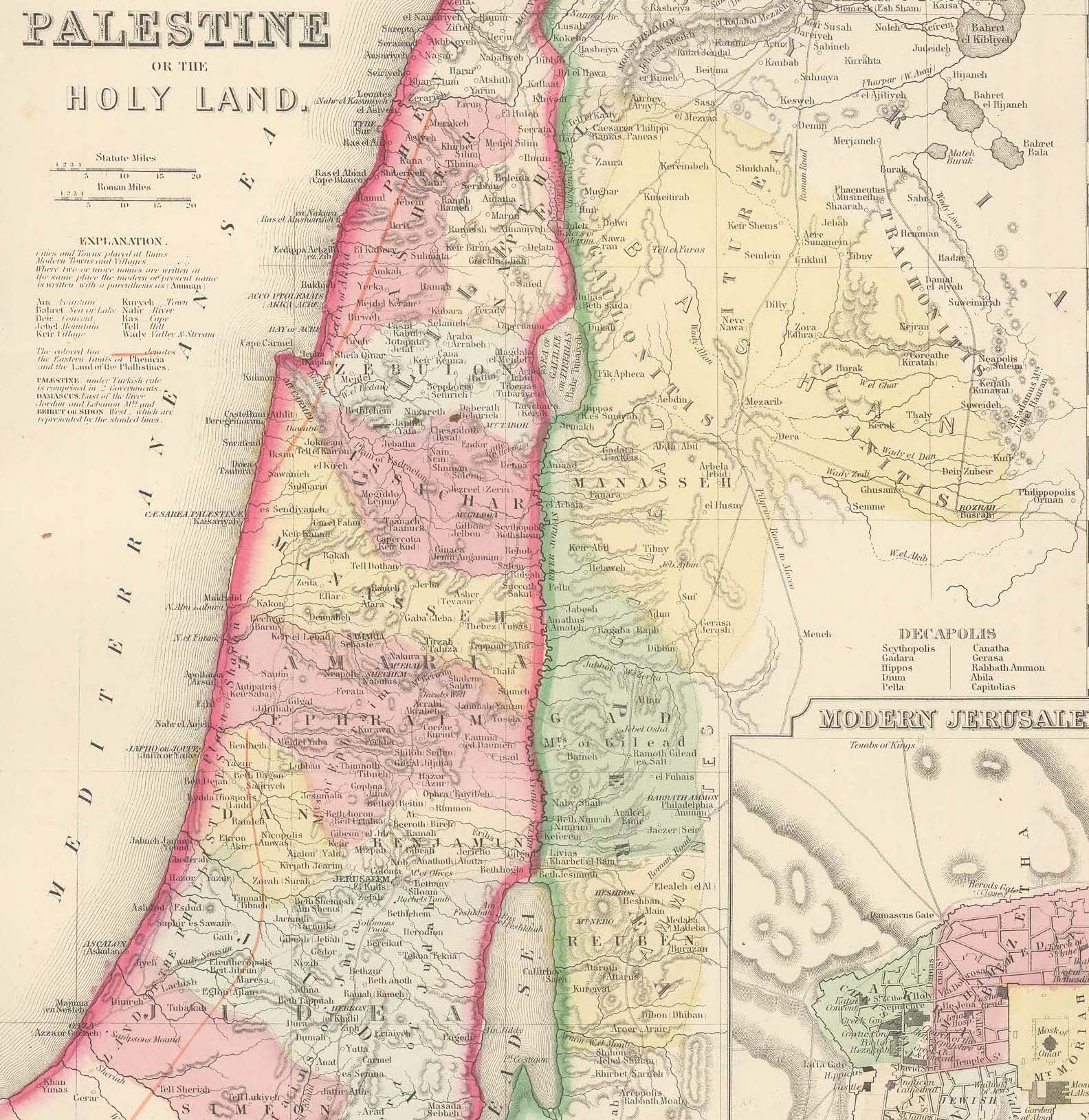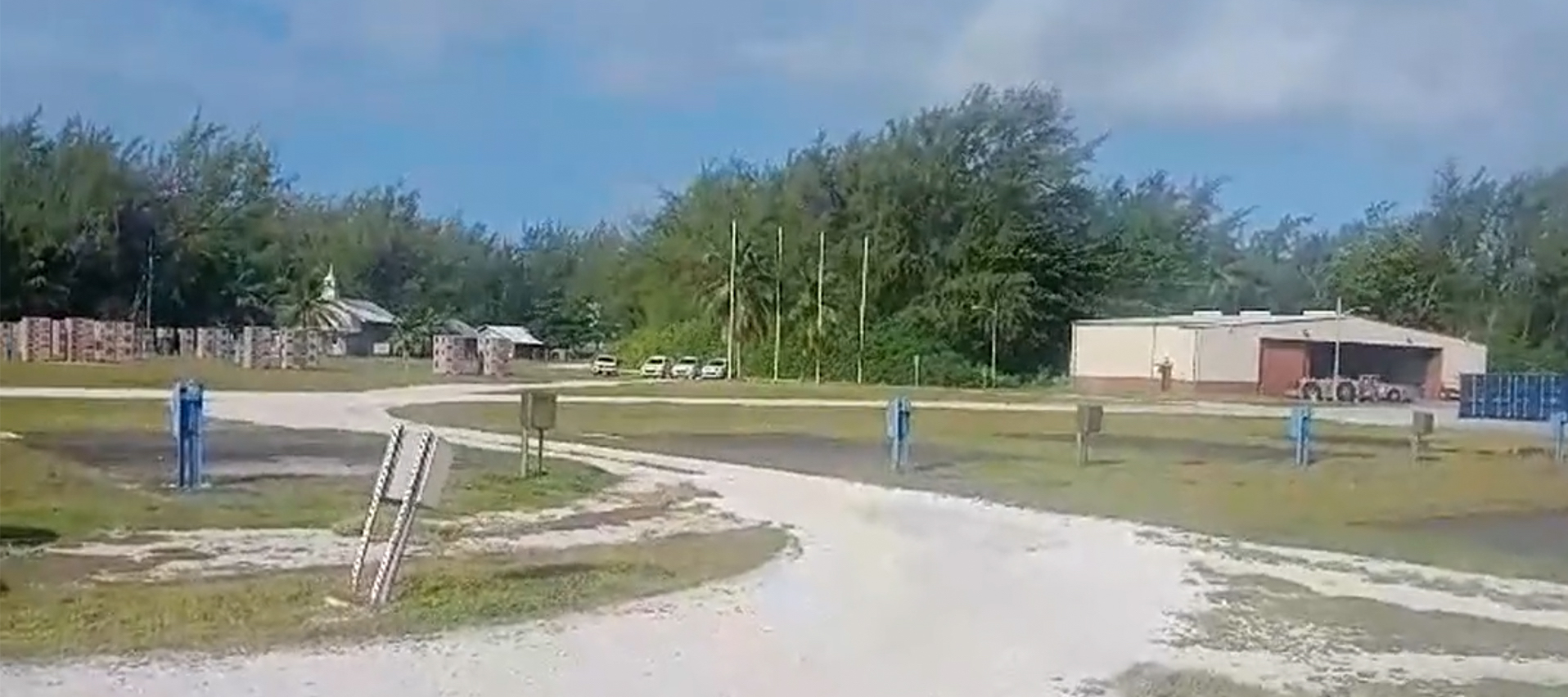
Diego Garcia detainees in bureaucratic limbo
Lawyers for some of around 60 Sri Lankan Tamil asylum seekers stranded on the British-held island of Diego Garcia have appealed to the UK’s new Foreign Minister David Lammy to intervene after the US blocked them from visiting the island for a hearing set to take place this week. The US runs a secretive military facility on the island, and issued the decision to bar the legal team on a “confidential” basis, citing “national security.” The lawyers are accusing the island’s government—the British Indian Ocean Territory (BIOT) administration—of illegally detaining their clients, who have been confined to a small camp for nearly three years after fleeing Sri Lanka and India by boat. The BIOT administration claims to have no role in negotiating permission for the visit, but lawyers for the asylum seekers say the administration has a duty to persuade the US to allow the hearing to take place and ensure the rule of law on the remote British territory. (Photo via TNH)



